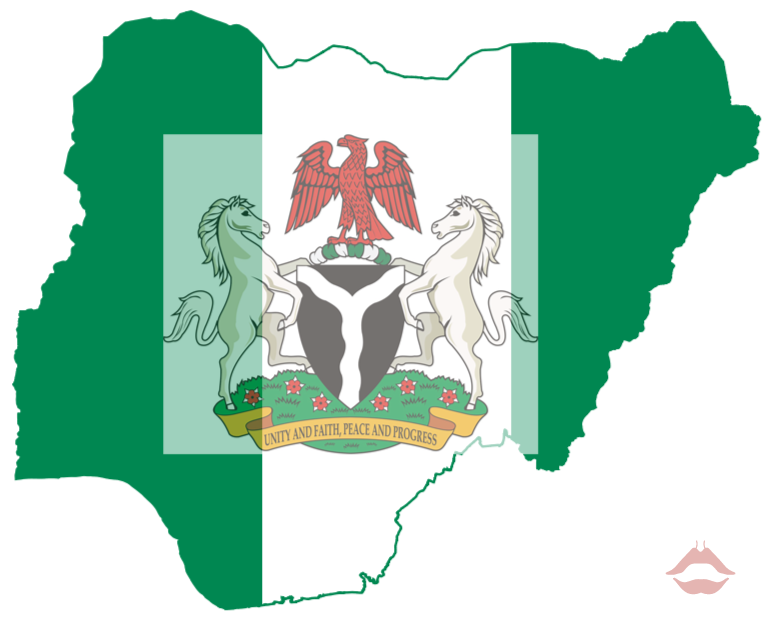
(Opinion)
By Muhammed Ahmed
Recently, the national assembly wanted to propose a bill to regulate the behavior of NGOS in Nigeria, but it was met with strong opposition from some CSOs and NGOS. These organizations used various means and organized various discussion activities to disrupt and threaten the actions of the National Assembly.
In reality, this demonstrates their hypocrisy and fear, as they simply wish to conceal their unknown bad behavior.
In actuality, international non-governmental organizations (INGOs) based primarily in the United States, Europe, and a few Gulf States that are able to attract donor funds from the Global North and the Arab world are frequently proposed as the most effective means of alleviating poverty in the underdeveloped world.
The Nigerian non-governmental organizations (NGOs) that these international non-governmental organizations (INGOs) collaborate with, fund, and support are incapable of independently generating the funds necessary to achieve their stated goals and objectives.
This money dynamic places these local NGOs in a precarious position where they can be coerced into implementing donor-centric agendas rather than those that benefit the local communities in which they operate. In a number of nations that have experienced violent political uprisings and even the removal of democratically elected governments as a result of “popular protests,” there was an initial effort by NGOs and civil society organizations to persuade the populace to oppose “bad governance” and seek immediate change Frequently by unconstitutional means.
Several Nigerian NGOs, civil society groups, and individual actors have played and continue to play the role of instigating political change outside of the electoral process, calling for revolutions and uprisings similar to those that accompanied the ENDSARS protest in Lagos and other Nigerian cities in 2020.
There are concerns that many of these civil society actors violate our financial laws in regards to how they receive and use funds from these INGOs. They appear to use this funding to support lavish personal lifestyles and private investments, as well as to influence our national electoral and legislative processes through their many outreach efforts and interventions in both esteemed and essential institutions, with minimal auditing and accounting.
There is the peculiar case of Amnesty International (Nigeria), which has consistently accused the Nigerian government of being dictatorial while providing fabricated evidence to support its claims. Amnesty International (Nigeria) has openly undermined the Nigerian state by siding with separatists such as IPOB and IMN.
Amnesty International condemned a bill titled “The Protection from Internet Falsehood and Manipulation Bill” in Nigeria, whereas a similar law is being passed in Amnesty International’s home country, the United Kingdom, and the organization has refused to condemn it.
In 2018, the Nigerian Army, via Director of Army Public Relations Brigadier General Sani Kukasheka Usman, called for the dissolution of Amnesty International. In his statement, he stated, “Nigerians should be wary of Amnesty International (Nigeria) because its mission is to destabilize and dismember Nigeria.”
This statement was issued in response to Amnesty International’s claim that “Nigerian authorities are encouraging impunity, which is fueling insecurity throughout the country.”
On Tuesday, 2020, a group of protesters stormed the Amnesty International (AI) office in Abuja, carrying placards with the inscription “Amnesty International supports terrorism in Nigeria.”.
One-man organizations with neither structure nor organization, such as Connected Development (CODE), but a fanciful name, a business card, an undetermined address, and a fancy-dressing Chief Executive with a knack for peripatetic conduct in NGO circles and the larger society.
Someone eventually made the effort to compile a directory of Nigerian NGOs.
Our findings indicate that in a number of Nigerian states, NGOs outnumber corporations and direct investments. Each NGO seeks financial support from international organizations and local donors.
The vast majority of them serve as entry points for government departments and agencies. The leader of the non-profit organization became an entrepreneur as a result.
Moreover, a few of the men live extravagantly. Fashion that is extremely audible. Big cars. Opulent quarters. As with all things Nigerian, the NGO community, once a haven of goodness, has become a gateway to the good life.
The legacy of the early heroes has since been eclipsed by those who seek to make a quick buck or offer specialized services to the highest bidder, regardless of how shady the transaction may be. The disdain is reciprocal.
Our goal is to ensure transparency and accountability in the NGO sector to the extent that, while freedom to act on behalf of the people is essential, it must be accompanied by accountability.
Is this what they refer to as human rights and liberties? The time has come for soul-searching within the Nigerian civil society community. Not everyone carrying placards has good intentions. Not everyone with a loud voice and clenched fists is a revolutionary.
It is unfortunate that the Nigerian Revolution is a gathering place for anyone who can yell loudly enough or is courageous enough to show up at the barricades. Even NGOs such as the International Centre for Investigative Reporting (ICIR), the Socio-Economic Rights and Accountability” Project (SERAP), or any American-sponsored NGOs should not be above the law. But who will guard the guardians? Quis custodiet ipsos custodes?
Although opposition from all sides is substantial, an NGO management law is essential in Nigeria’s current state.
